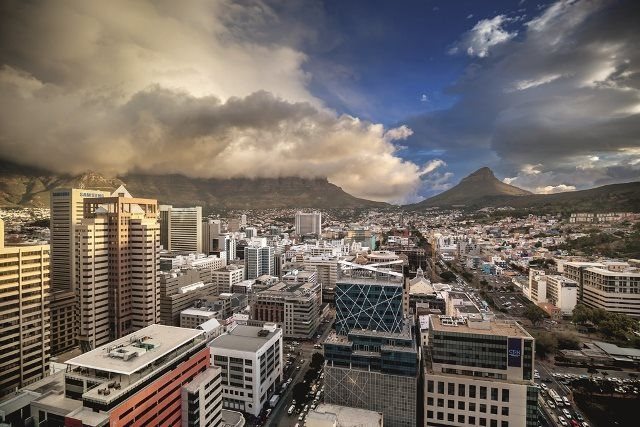
Source: Supplied
Cities are not exempt from the changes we are facing, nor the constraints. City planners and commercial property investors alike are having to respond to shifting societal demands and shrinking budgets.
The following four trends are likely to both remain and amplify in the next 1000 days:
1. Changing spaces
The massive global work-from-home experiment has resulted in a long-term shift in the usage of urban city centres. Affluent workers, who also tend to have more flexibility when it comes to remote work, are moving out of CBDs to more lifestyle-oriented areas, or even fully nomadic lifestyles. Airbnb reports that its fastest growing travel category is stays of a month or more in a single property. At the same time, blue chip companies are abandoning massive single-use office spaces in favour of flexible co-working spaces, or “satellite” office networks that allow employees to connect with each other closer to their places of residence.
Likewise, retailers are re-evaluating the costs and benefits of having physical versus digital landlords – that is, paying Google and Amazon for clicks and eyeballs, instead of paying mall makers for foot count - as e-commerce (complete with 10-minute store-to-door delivery!) becomes the norm. The result is a city landscape in flux.
Bellwethers: In January 2021, Epic Games (which owns Fortnite) purchased a 980,000ft2 mall in North Carolina in the United States to convert into its new corporate headquarters. In mid-2021, Airbnb filled a patent that combines home stays with educational experiences and syllabuses, specifically to target nomadic families with school-going children.
2. Smart cities
As with all corners of the economy, the fallout of the global Covid-19 crisis has accelerated the adoption of technology in cities and urban planning. In particular, citizens are becoming accustomed to more surveillance in public and private spaces in the name of health, safety and efficiency. Citizens are being “nudged” to trade more personal data for access to freedoms, privileges, places, and perks.
Bellwethers: In 2021, Israel implemented a “freedom bracelet” tracking system to track vaccinated and unvaccinated citizens and limit access to public places, events and buildings. Since then, vaccine passports have become a ubiquitous part of global travel and local movement. Next up, global thought leaders are suggesting cities should adopt carbon passports, to track and trace (and ration) the carbon footprints of citizens as well as companies.
3. Sustainable cities
Both economic and environmental concerns have accelerated the pressure for local and national governments to focus on sustainability - both in terms of the natural world (mitigating climate change and reducing pollution) and in terms of our social structures (addressing spatial and financial inequality). The car-free 15-minute city model, which suggests that citizens should be able to find every location and city service that they need to live a fulfilled life within a 15-minute walking radius of their place of residence, is gaining momentum as a part of this trend.
Bellwethers: In April 2020, Amsterdam announced that it is adopting Kate Raworth’s Doughnut Economics model that focuses on the twin goals of ensuring a basic social security safety net for all citizens (a living standards “floor”) and strict limits on sustainable environmental impacts (a resource use and abuse “ceiling”) to govern the supply and demand of its local economy.
4. Private cities
As overstretched governments look for ways to service increasing citizen demands with declining tax revenues, privatising elements of service delivery - or even entire cities - is emerging as a plausible (if, in some ways, problematic) option.
Bellwethers: In February 2021, the state of Nevada in the United States announced plans to permit tech companies to found their own company cities, even to the extent of allowing the private city founders to impose their own taxes and make their own rules.
*This article was first published in the Cape Town Central City Improvement District’s recent economic report, State of Cape Town Central City Report 2020 – A Year in Review [Covid-19] edition.






















